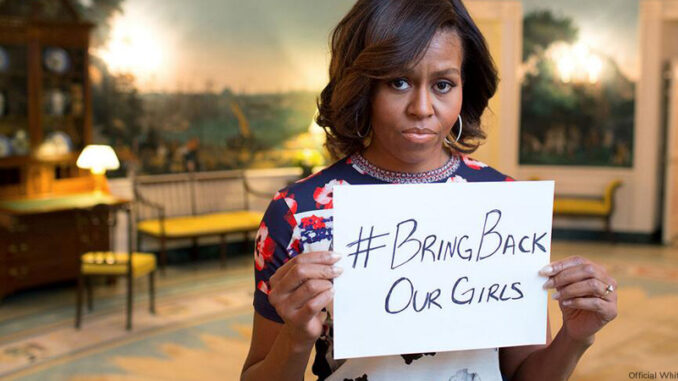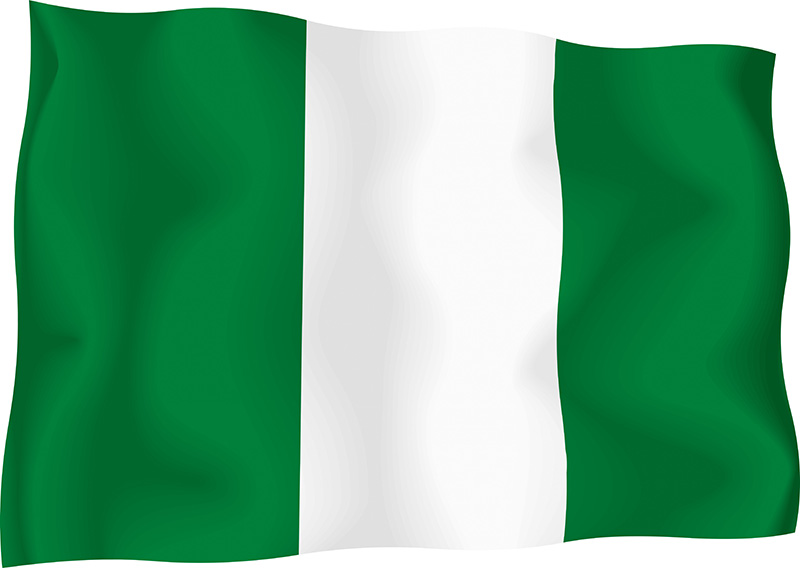
Amid news of deadly terror attacks and threats across Europe, the people of Nigeria, located in West Africa, face ongoing atrocities at the hands of the extremist group, Boko Haram. Over the span of five years, the insurgency have massacred close to 10,000 people, many of them children, women, and the elderly. Who are these people, what do they want, and what can be done to stop them?

Who is Boko Haram?
In 2002, a man named Mohammed Yusuf set up a Sunni religious complex. The official name of the group is Jama’atu Ahlis Sunna Lidda’awati wal-Jihad, which means “People Committed to the Propagation of the Prophet’s Teachings and Jihad” in Arabic. It was the residents of the city of Maiduguri (where the group is headquartered) that give it the nickname Boko Haram. Loosely translated, it means “Western education is forbidden.” The members believe that Muslims must not be associated in any way with Western society, which it believes corrupts the moral values of Muslims. This includes democratic elections, “secular” (non-religious) education for anyone (no education at all for girls), and wearing shirts and pants.
Boko Haram is well-organized and well-funded, with ties to Al Qaeda. In 2009, Yusuf was killed in police custody. Under new leader Abubakar Shekau, the organization became more radical and launched military operations in 2009 to become an Islamic state (create a government bases on Islamic religious law). Some view the group as a revolt group acting against a corrupt government. But the United States designated Boko Haram as a terrorist organization in 2010 because of its actions against innocent civilians.
You can learn more about Boko Haram through this Vlogbrothers video made by John Green.
#Bringbackourgirls and Beyond
In its active campaign to stop the spread of Western education, members of Boko Haram have engaged in setting many fires and creating other damage to schools. In April of 2014, they raided a Christian boarding school in the village of Chibok. They abducted more than 200 schoolgirls, announcing that the girls would be forcibly converted to Islam and sold as brides or slaves. News of the incident lead to a social media campaign called #Bring Back Our Girls. While the slogan went viral and attracted the attention of many prominent politicians and celebrities, it quickly lost steam, mostly because of the complexities of the situation.
The Nigerian government has been heavily criticized for not doing more to secure the release of the girls. At first, it denied the kidnapping occurred, then it falsely reported the girls had been liberated, and finally announced an official ban on demonstrations. More girls were kidnapped two months later. Most recently, Boko Haram has been seizing control of whole villages in north-east Nigeria, torching homes and slaughtering or kidnapping villagers.
Obstacles
The Nigerian government, led by President Gookluck Jonathan, continues to remain mostly silent on the matter. The Nigerian military has been deployed in counterterrorism operations, but many believe it lacks the resources necessary to successfully defeat Boko Haram.
The neighboring African nation of Chad has reportedly sent in troops to take on the insurgents. Disabled technology (including frequently destroyed mobile phone masts), as well as the heightened threat of danger, makes it difficult for reporters to find out what is going on in the country. The United States considers Nigeria, which is the continent’s most populous country with the largest economy, to be a critical ally in the region. Nigerian officials, however, remain reportedly wary of Western interference.
